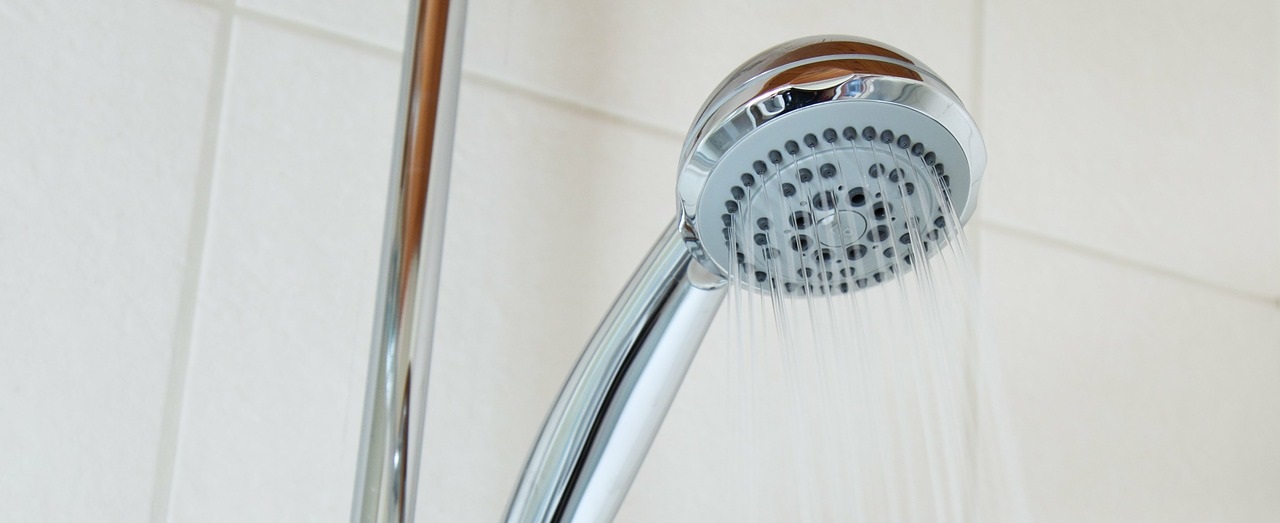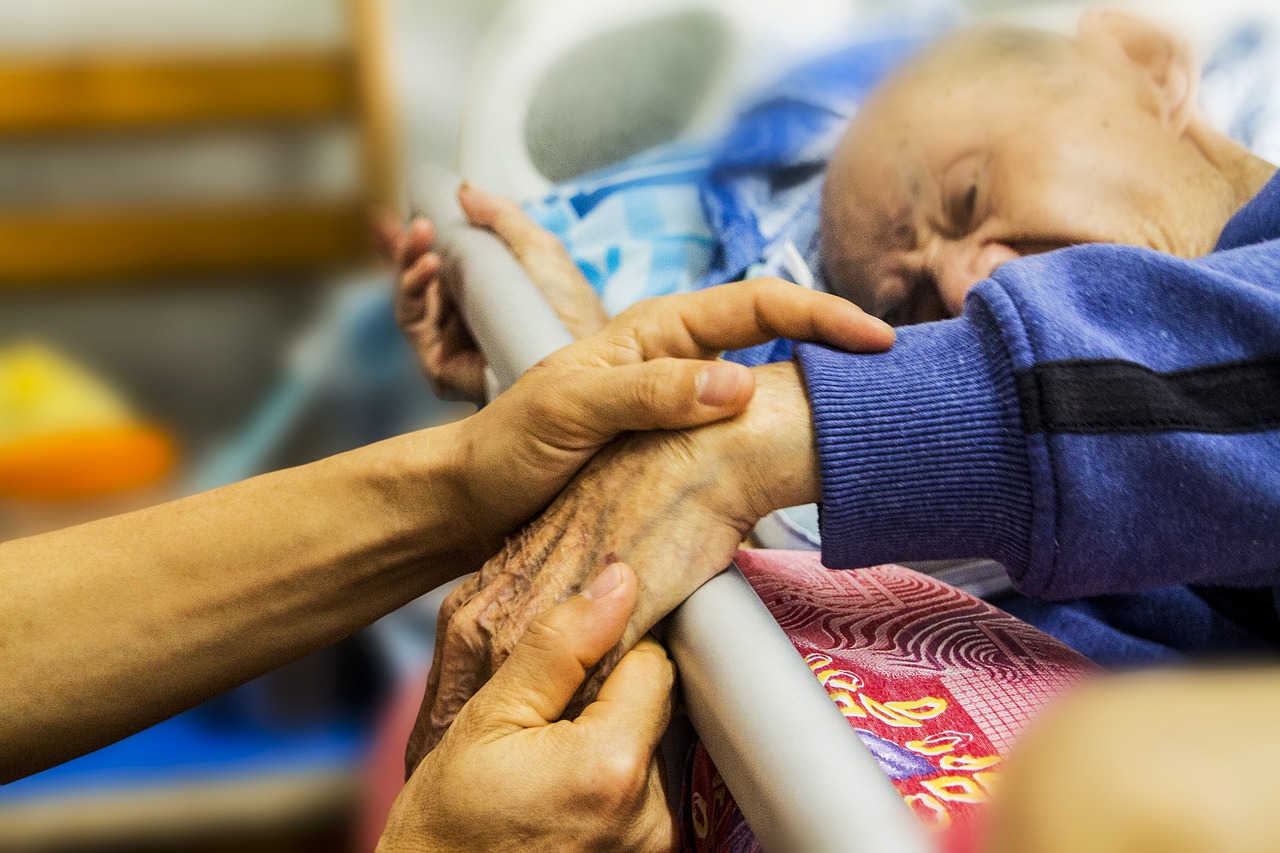COPD Precautions for Periods of High Humidity


Chronic obstructive pulmonary disease (COPD) is a chronic lung disease with a slow, progressive obstruction of airflow to or from the lungs. Individuals with COPD experience shortness of breath, wheezing, and a chronic cough. These symptoms are often exacerbated by extreme weather conditions – especially during periods of high humidity.
The human body is constantly using energy to maintain a normal body temperature of 98.6°F. High temperatures force it to use more oxygen and energy to maintain that temperature. When a person’s energy and oxygen is already limited by COPD, hot weather causes symptoms worsen.
The Best Plan? Stay Inside.
COPD and humidity are difficult combination. The best way to protect individuals with COPD during periods of high humidity to stay indoors as much as possible. In summer months, it is recommended to seek shelter in air conditioned buildings. People can further modulate the humidity by purchasing a dehumidifier. The dehumidifier will help an air conditioner work more efficiently by reducing the moisture in the air. This also makes the home less susceptible to dust mites, mold, and mildew.
Indoor Humidity and COPD
In addition to weather-related humidity affecting those with COPD, running water for a shower can create hot and humid conditions in the home. Individuals with COPD can take steps to be able to better function under this trigger by using cooler water, running a fan in the room, or opening a window. Individuals with COPD who struggle with the bathroom’s humidity should conserve energy by using a chair in the shower or a long brush while bathing.

Other ways to reduce indoor humidity include venting moisture-producing appliances such as dryers and stoves and running the stove fan when cooking or using the dishwasher.
Humidity and Allergens
While heat alone can be a problem for those with COPD, the high humidity that comes with it contributes to an increase in smog and allergen levels. Anything that makes breathing more difficult is a problem for individuals already coping with COPD. Individuals experiencing allergy symptoms should speak to their physician about taking allergy medication for relief. Options include over-the-counter antihistamines, nasal steroids, decongestants and inhalers.
Getting Extra Help
If COPD symptoms are worsening, it may be time to consider bringing in additional support. Crossroads Hospice & Palliative Care provides a team of professionals to manage symptoms and provide education and support to the patient and their family. To learn more about palliative care options or hospice criteria for COPD patients, please call us at 1-888-564-3405.
If you found this information helpful, please share it with your network and community.
Copyright © 2018 Crossroads Hospice & Palliative Care. All rights reserved.




